Jeep is looking to turn around its fortunes in the UK – a market that “we screwed up twice”, boss Christian Meunier has admitted to Autocar – with a significant push into electrification.
The American company has identified EVs, including the warmly received Jeep Avenger, as the key to making significant inroads in Britain – where it currently holds a “virtually non-existent” 0.3% stake of the SUV market.
Here, in a candid interview, the Frenchman speaks about a new future for Jeep in Europe, its image and the enthusiast strength of the UK market.
What does electrification mean for Jeep capability?
“For me, there’s nothing more exciting than driving electric in a 4x4, and the reason is torque on demand, the one-pedal feel and the brake regen. You accelerate and brake with the same pedal, and that means that you can get the torque that you need. It’s extremely precise, very accurate, very soft, very smooth. And at the same time it’s silent, so you can hear the birds. The only thing you basically hear is the tyre on the rocks, which is pretty exciting stuff, right?”
We sometimes think that traditional owners are against change. Are you finding that?
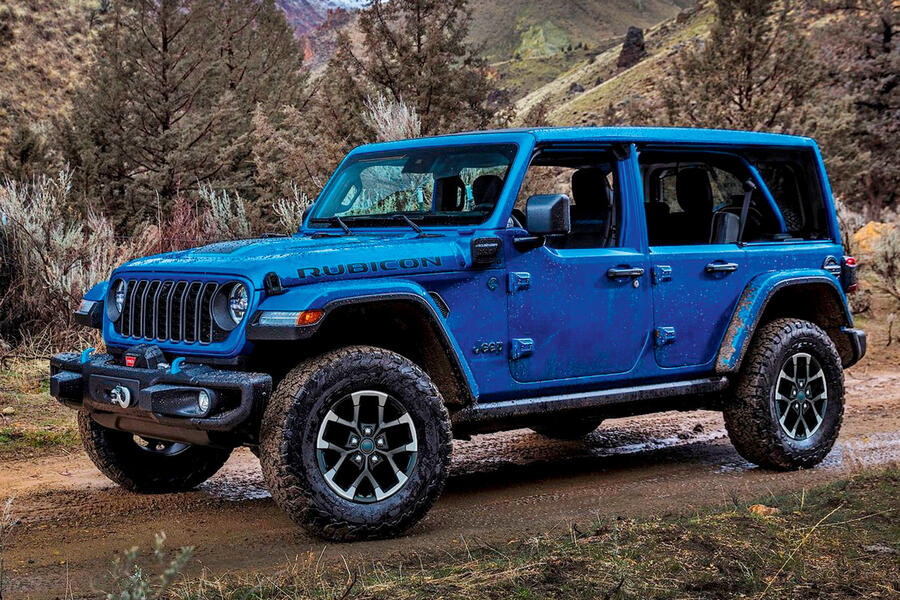
“We’ve had so much success so quickly. We launched the Wrangler 4xe two years ago, and we’re already number one [in the plug-in hybrid segment] in North America. And with the Grand Cherokee that we launched last November, we’re ranked number two – well ahead of some brands that have been forever in the hybrid world.
“We’re doing extremely well, and the reason is that the product is better. All together, the people, the enthusiasts, they like their V6s, but they experience an electric Jeep Wrangler and realise that maybe they were wrong and they change their mind.”
The UK is an outlier for Jeep, with just 0.3% of the SUV market. Why have you had such little success here?
“I think there are many different reasons. The first is that when we launched the Renegade in 2014 it got a pretty good start everywhere in Europe, including in the UK, and then the powertrain that we had got hammered, due to emissions. It got penalised in taxes and things like that. So the product lost a lot of momentum.
“Then we launched the Jeep Compass, which was built in India, because of the right-hand-drive component, and that wasn’t the right idea because the UK-market customer requirement is close to [that in] Europe: the same kind of requirement in terms of technology, safety and everything, plus powertrain. So it wasn’t appropriate. I think we screwed up twice.

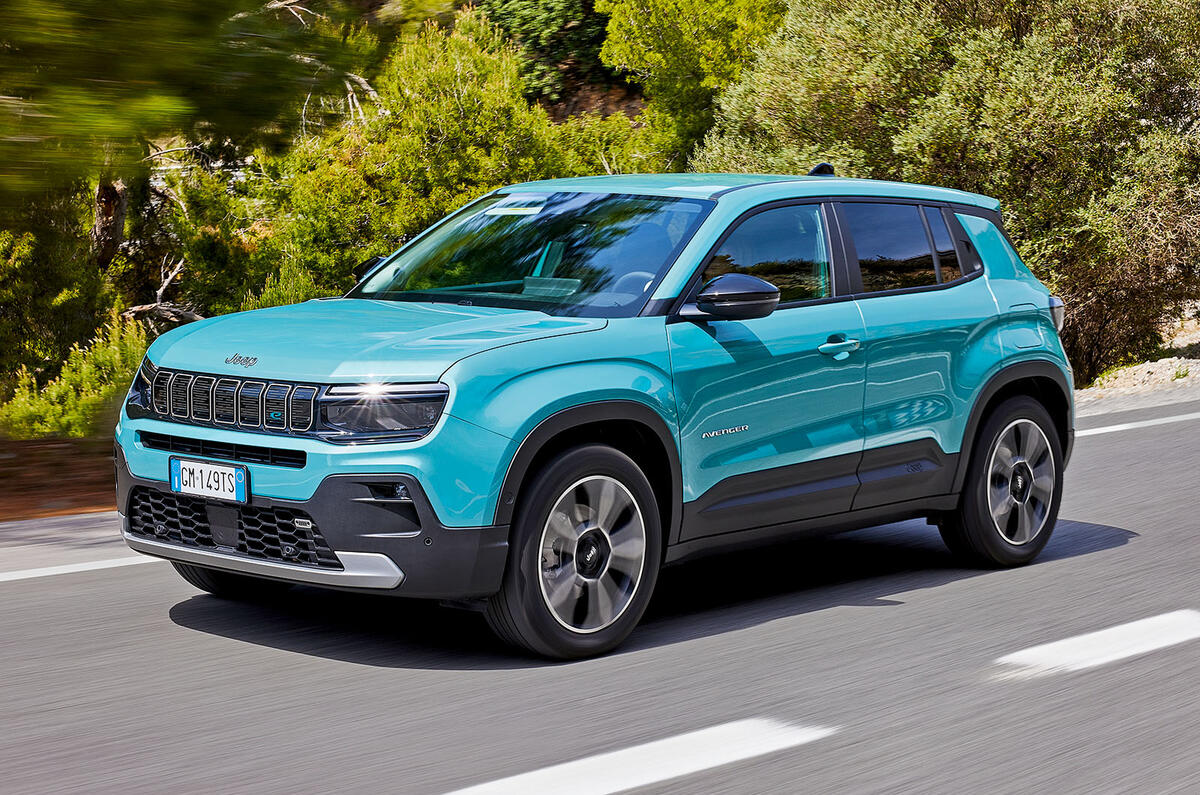
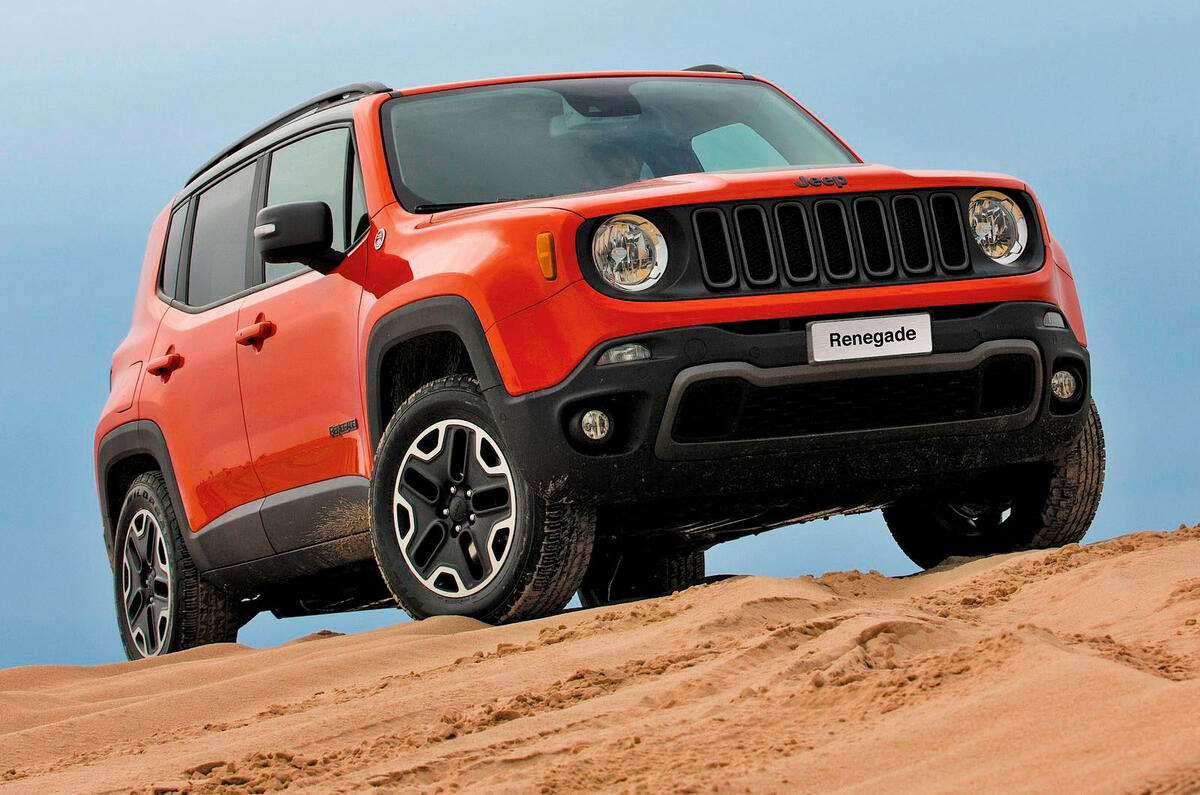
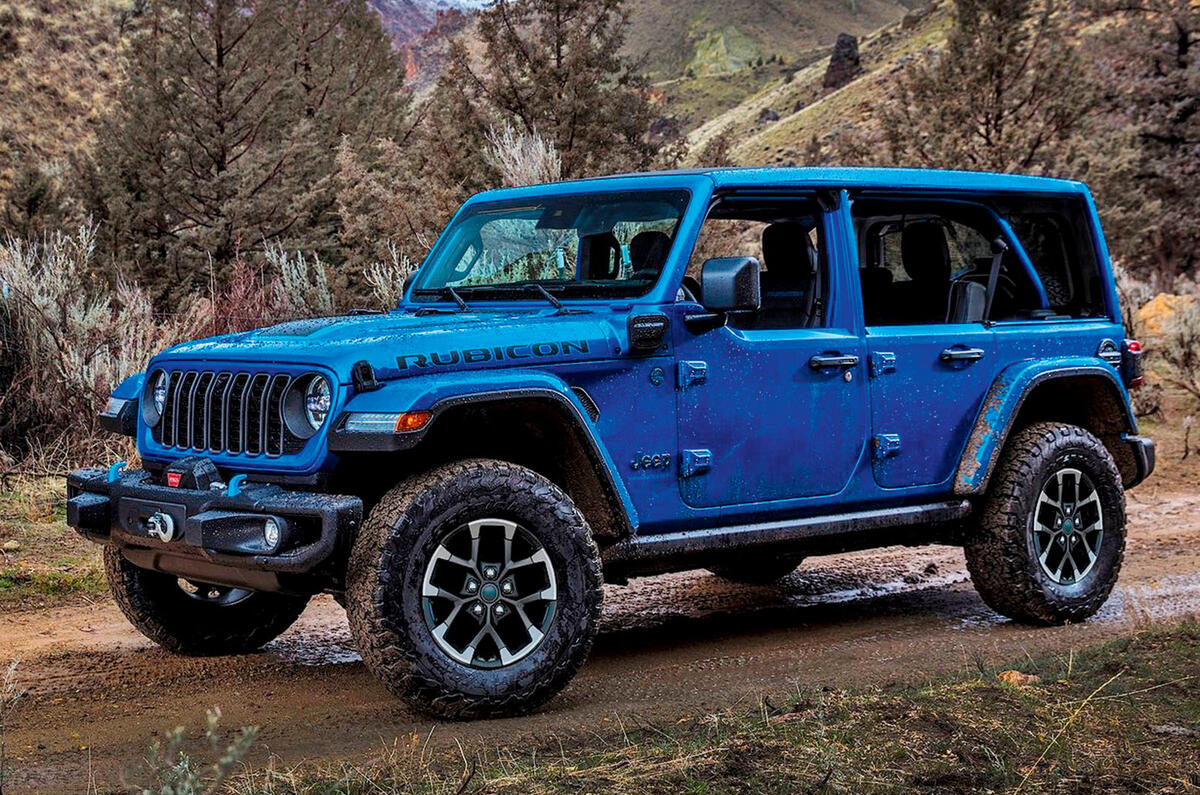
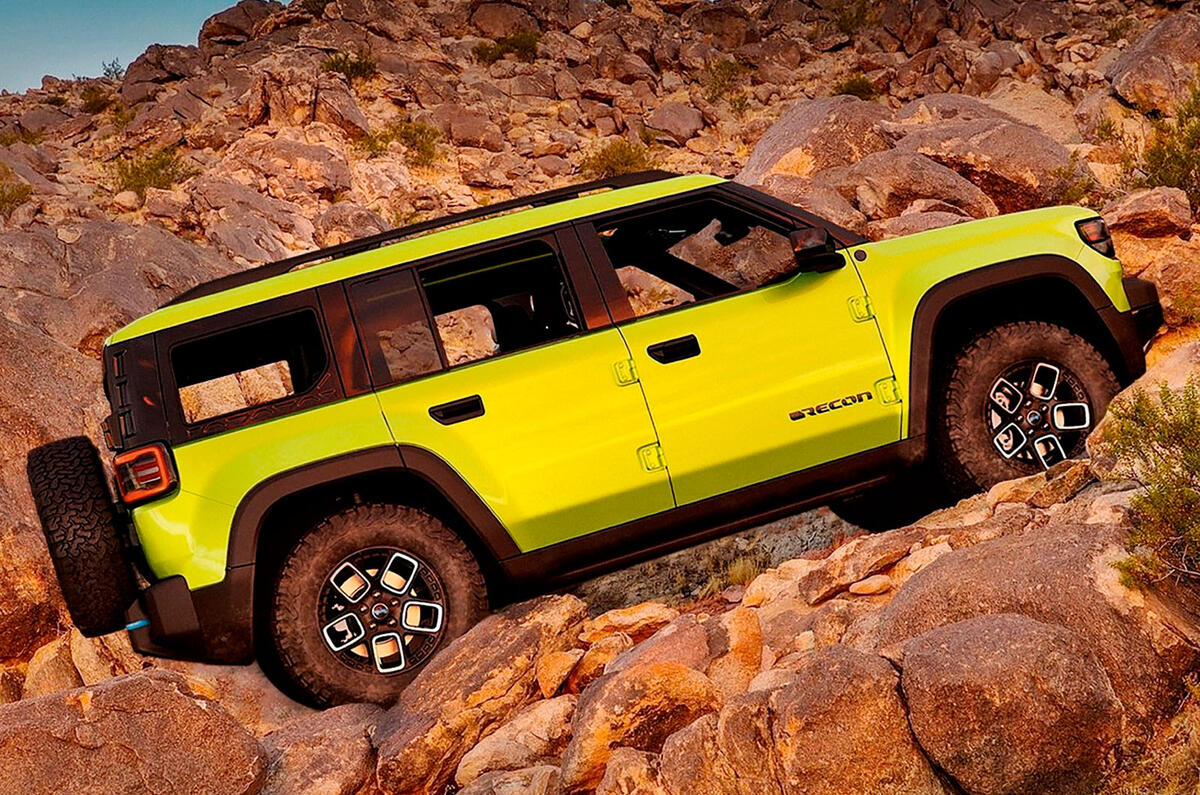

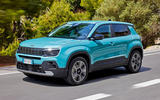
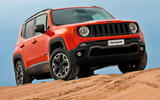
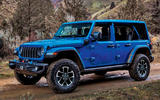
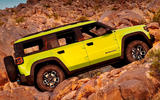







Join the debate
Add your comment
I have to agree with IanP. In 2014 i bought a Wrangler Rubicon, list was about £29k. Today list is over £60k. We have NOT had 100% inflation in the last 9 years. Jeeps sold well here when they were well priced, and fun American cars.
Now they are expensive, and most of them are 2wd Fiats that really dont appeal to the same sort of people. And yes, i liked my V6. A Wrangler is not a £60k car, and nothing else with a Jeep badge has any appeal to me. Sadly i dont think Jeep works in Europe any more with our high taxes, and EV approach. I suspect we will get more like the Avengerand its high prices, but nothing to appeal to people who once bought Jeeps
Jeep has a long way to go to get back to the market share of twenty years ago,things started to go south when Chrysler was taken over by the private equity group Cerebus then sold to FIAT, The the sales and service shrank the replacements for the Cherokee (Liberty) & Grand Cherokee never found favour and the asking price for the Wrangler were increased as the importer was rather under the impression that it was a premium product. Has the introduction of the Renegade and the Compass(both now built in Italy) stopped the decline of the marque? not really. Will the public take to the Jeep Avenger which is little more than a SUV derived from the Peugeot e-208 & Vauxhall Corsa E and has no four wheel drive option change Jeep's fortunes? can't see it myself
They are not JEEPs any more, just the another Stellantis chassis with a different body on it. I don't know why they bother in the UK, we might like the brand but we just don't want to buy them